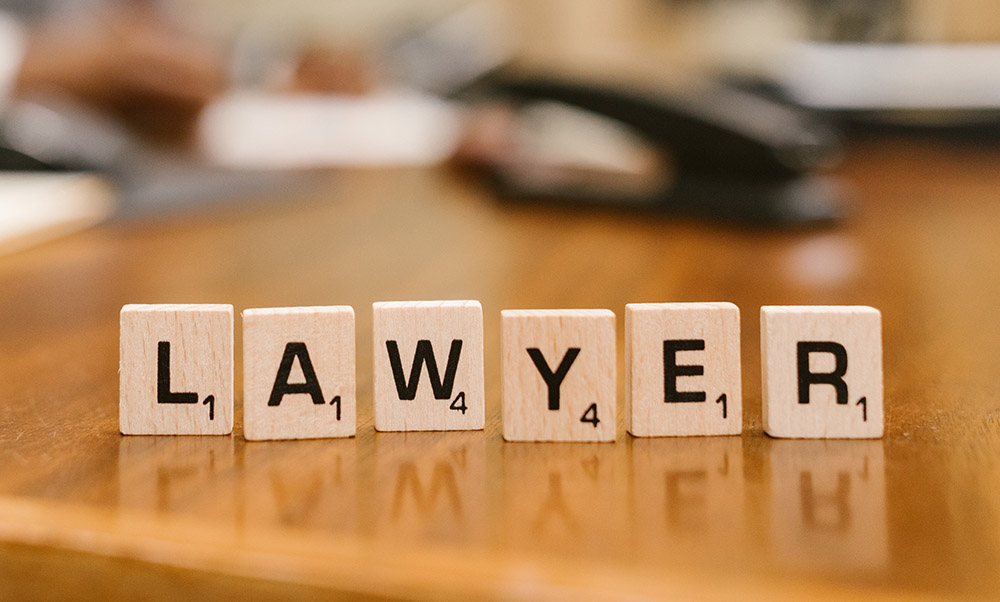
What to do if you receive a Legal Notice?
Title: Received a Legal Notice? Here’s What You Should Do!
Introduction:
Receiving a legal notice can be an overwhelming experience, but it’s essential not to ignore it. Legal notices are formal communications that demand your attention, and handling them properly is crucial to protect your rights and interests. In this comprehensive guide, we’ll walk you through the steps to take if you receive a legal notice, ensuring you respond appropriately and seek professional legal advice when needed.
1: Understand the Legal Notice
Upon receiving a legal notice, take a deep breath and carefully read and understand its contents. Pay close attention to the sender’s details, the subject matter, and the claims or demands being made.
2: Act Promptly, Don’t Ignore It
Ignoring a legal notice is not an option. The clock starts ticking from the moment you receive the notice, and failing to respond within the specified timeframe can have serious consequences. Take the matter seriously and act promptly.
3: Seek Legal Advice
One of the most crucial steps you should take is to consult with an experienced lawyer. A qualified attorney can provide you with valuable insights into the legal implications of the notice and guide you on the best course of action.
4: Gather Relevant Documents
Collect all relevant documents related to the subject matter of the legal notice. This may include contracts, agreements, invoices, emails, or any evidence that supports your position.
5: Respond Appropriately
Your lawyer will help you craft an appropriate response to the legal notice. Your response should be clear, concise, and factual, addressing each point raised in the notice.
6: Negotiate and Mediate
In many cases, disputes can be resolved through negotiation or mediation before resorting to litigation. Your lawyer can represent your interests during this process, aiming to achieve a fair resolution.
7: Explore Alternative Dispute Resolution
Consider alternative dispute resolution methods, such as arbitration or conciliation, which can be more cost-effective and less time-consuming than going to court.
8: Prepare for Litigation, if Necessary
If negotiation and mediation fail to resolve the matter, be prepared for litigation. Your lawyer will guide you through the court process, explaining procedures, potential outcomes, and the estimated timeline for your case.
9: Document Everything
Maintain written records of all communication related to the legal notice. This documentation will serve as evidence if the matter proceeds to court.
10: Focus on Compliance
While dealing with the legal notice, adhere to any lawful requests or instructions mentioned in the notice. This demonstrates your willingness to cooperate and resolve the matter amicably.
Conclusion:
Receiving a legal notice can be unnerving, but remember that you have rights and options. Seeking legal advice, responding promptly, and exploring alternatives to litigation can help you navigate the situation effectively. By taking the appropriate steps and working with an experienced attorney, you can protect your interests and seek a resolution to the matter at hand.
